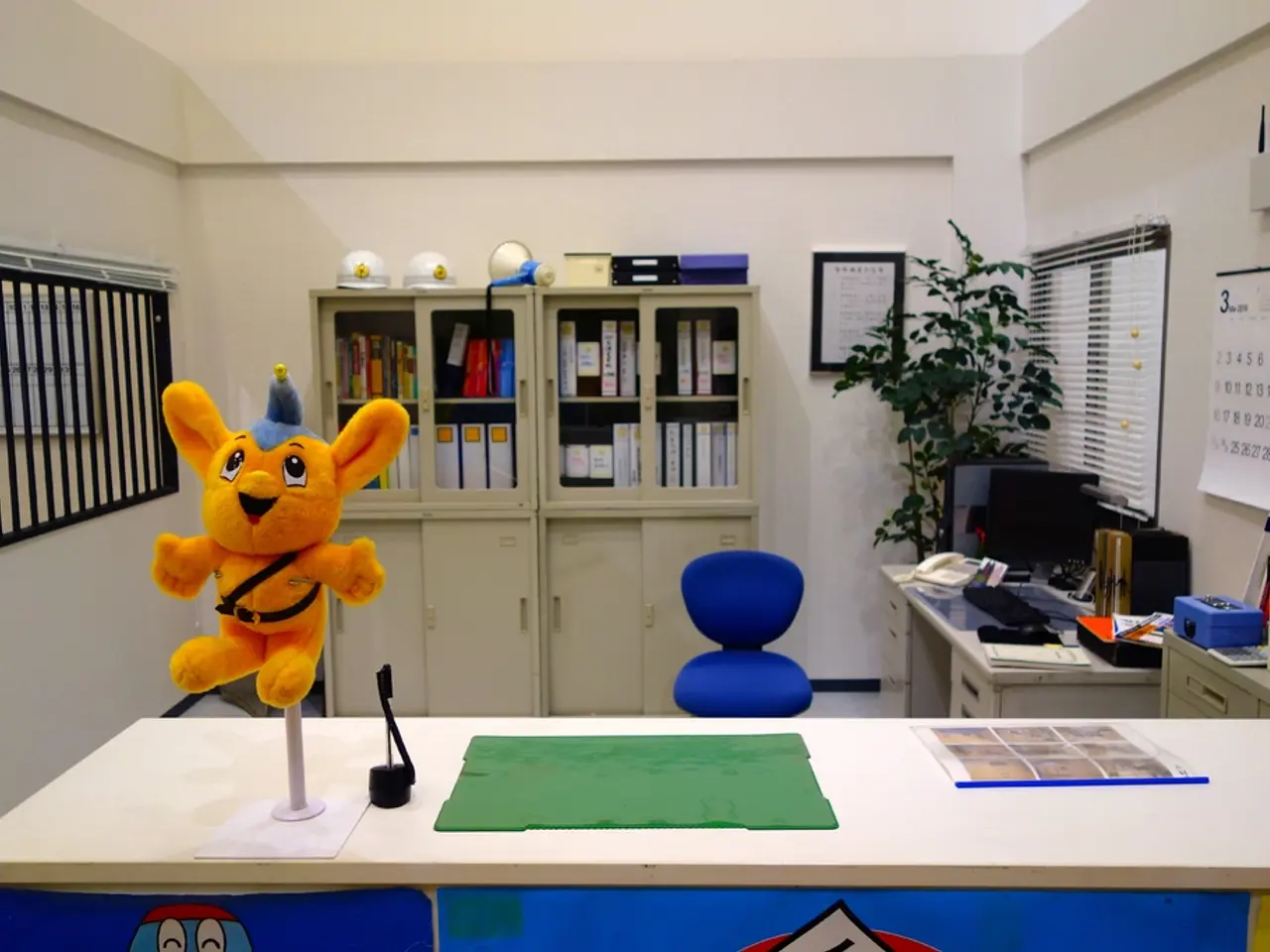Unveiling the Identity: Who Exactly is 'The Sommelier'?
In the world of wine, the traditional path to becoming a sommelier has long been marked by formal education and certifications. However, a new wave of contemporary wine professionals is challenging this status quo, demonstrating that expertise can be found beyond the classroom.
Basile Al Mileik, who oversees successful wine programmes at Manhattan's St. Jardim and Fedora, questions the importance of educational credentials in the wine industry. He suggests that the general public may not care about these credentials anymore, using the term 'sommelier' to refer to the person providing good wine service.
Ivy Sutton, who helms Omaha, Nebraska's wine bar iDLE Wine & Goods, shares this sentiment. She values self-taught, ambitious individuals with a genuine interest in wine over those with formal certifications. Sutton, who does not feel less well-equipped due to a lack of professional training, believes learning from various sources such as zines, wine journalists, shop clerks, podcasts, and other wine professionals is essential for success in the industry.
Christie Rotondo, a writer and editor, also found value in formal wine education during the pandemic, taking WSET courses without a specific plan for the credentials. Rotondo believes that wine education is a natural byproduct of commitment to the project of learning, no matter where you choose to do so and at what price.
Daisuke Kawai, a sommelier, on the other hand, suffers from impostor syndrome and questions whether he should have a sommelier title to justify his wine job. This raises questions about the importance of formal credentials versus real-world experience and passion.
The current state of the wine industry places high importance on formal wine education and certifications, with programs like the WSET Level 4 Diploma in Wines experiencing unprecedented global enrollment and recognition. Over 800 students completed this prestigious diploma in 2025, marking the highest number in its history and underscoring the growing value placed on deep technical knowledge of grape-growing, winemaking, wine laws, and commercial factors shaping the industry.
However, it seems that the prominence of such certifications indicates that formal credentials are increasingly seen as essential for credibility and career progression in sommelier and wine industry roles. The WSET Level 4 Diploma community now includes over 13,800 alumni worldwide, forming a vibrant network influential in shaping the future of the drinks industry.
The contemporary wine professionals are diverse, including individuals from various backgrounds such as DJs, ceramicists, surfers, and local cocaine dealers. Al Mileik questions whether individuals with formal training obtained the title because they were passionate or because they had access and privilege. Many individuals take wine courses purely for the love of learning, with no intention to use their credentials in hospitality.
In conclusion, while formal wine education and certifications, particularly high-level programs like WSET Level 4 Diploma, are currently highly valued and integral to the wine industry, especially for sommeliers seeking to demonstrate expertise and leadership, the landscape is shifting. The new generation of wine professionals is demonstrating that expertise can be found in various places, including classrooms, cellars, magazines, and local bars. Knowledge is not static and requires humility and sincere curiosity.
- In contrast to the traditional path of formal wine education, some contemporary wine professionals, like Basile Al Mileik and Ivy Sutton, argue that self-taught individuals with genuine interest can be just as valuable in the industry.
- Christie Rotondo, a writer and editor, found value in formal wine education during the pandemic, highlighting that wine education can be a natural byproduct of a commitment to learning, regardless of where or at what cost it is pursued.
- Daisuke Kawai, a sommelier, questions the importance of formal credentials, suggesting that real-world experience and passion may be equally important in justifying a wine job.
- The WSET Level 4 Diploma in Wines, despite its high global enrollment and recognition, may not be the only path to credibility and career progression in the sommelier and wine industry, as the landscape is shifting to recognize expertise from various sources.




